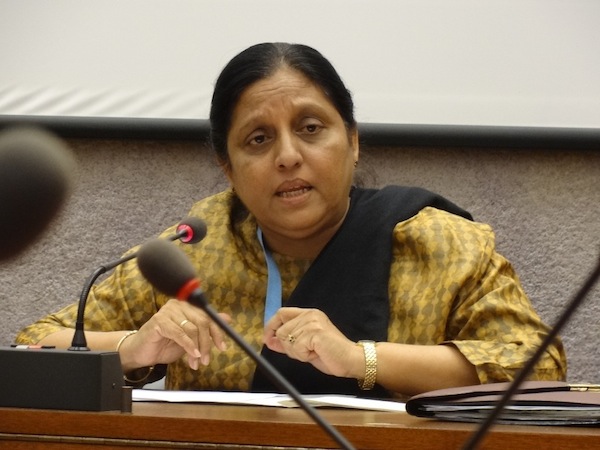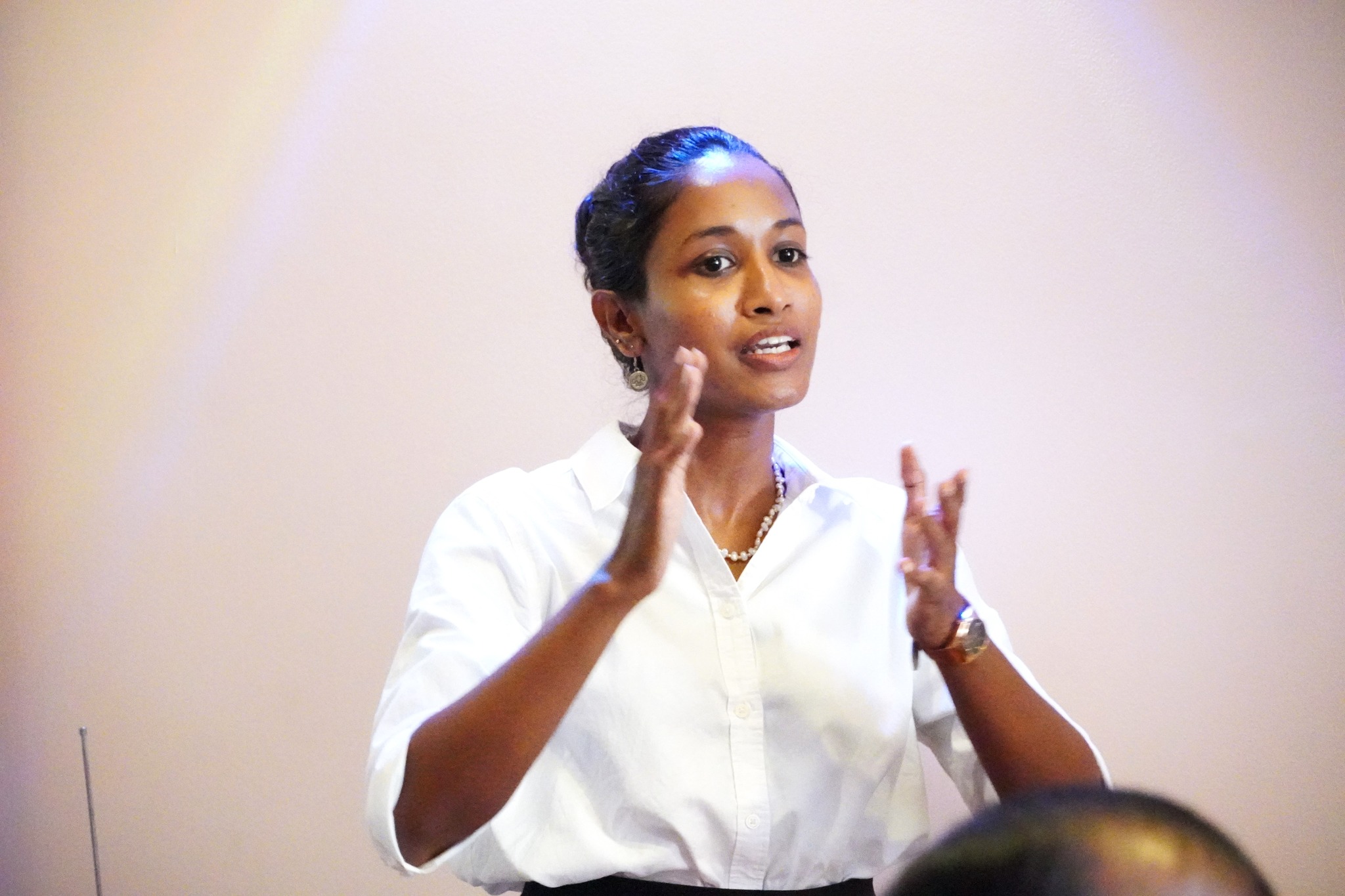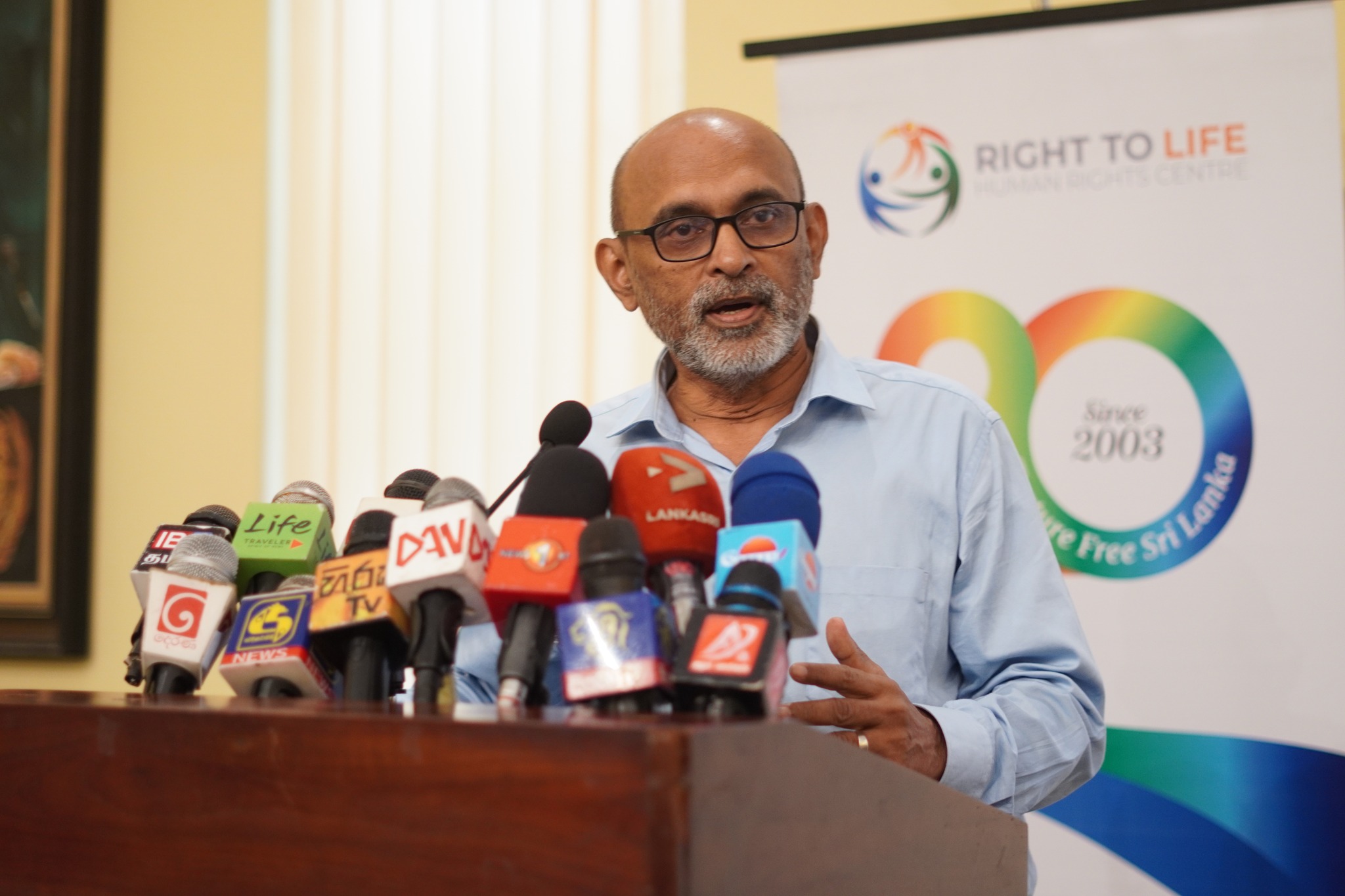For more than four decades, Akram Farm House has been a symbol of prosperity and resilience in the Amparai district, particularly in Kalmunai city. Founded by Abdul Majeed Akram Hila, this establishment has been more than a thriving business; it has become a landmark of community spirit and economic vitality. However, beneath the success of Akram Farm House lies a poignant story of loss, perseverance, and an unyielding quest for justice.
A Promising Life Cut Short
Abdul Majeed Akram Hila was born into a family of seven children, the fifth child of Yasinbawa Abdul Majeed and Muhammad Aliyar Khadisa Umma, in the bustling city of Kalmunai. Akram was a bright young man with a knack for business, having transformed Akram Farm House into a well-known establishment. At just 28 years old, he had already achieved much, and his recent marriage added to the joy of his life. But on May 22, 1990, everything changed.
On that day, uniformed Tamil armed men, later identified as members of the Liberation Tigers of Tamil Eelam (LTTE), stormed into Akram’s home. In broad daylight and in full view of his family and neighbors, they took Akram away for questioning. The abduction was swift and merciless, leaving his loved ones in shock and disbelief.
Eyewitnesses reported that Akram was initially detained at an LTTE camp near the Kalmunai North Hospital. Rumors soon spread that he was held there for 40 days before being transferred to Batticaloa. His family, driven by hope and desperation, launched an all-out effort to locate him, contacting the police, reaching out to the Red Cross, and testifying before presidential commissions. But despite their relentless pursuit, Akram remained missing. The LTTE denied having any knowledge of his capture, a claim his family found hard to believe.
A Father’s Desperate Search
As if Akram’s abduction wasn’t enough, another tragedy struck the family weeks later. Yasinbawa Abdul Majeed, Akram’s father, was tirelessly searching for his son. He had heard that Akram might have been moved to Batticaloa and sought help from his friends in Kathankudi. On June 12, 1990, Yasinbawa joined a convoy of five vans traveling from Colombo to Kathankudi via Kalmunai. The convoy was filled with worshipers returning from Makkah, a pilgrimage that marked their deep faith. However, the journey turned tragic when LTTE militants opened fire on the convoy near Kurukkalmadam. The attack was brutal, resulting in the deaths of up to 150 people. Only one individual from Kathankudi survived the massacre. Tragically, Yasinbawa was among those who perished. Although a detailed list of the victims was compiled by the Kathankudi community, Yasinbawa’s name was not included due to his non-residency in Kathankudi.
A Brother’s Fight for Justice
Abdul Majeed Mubarak Maulavi, Akram’s brother, has carried the burden of these tragedies with him. A well-known figure in Sri Lankan politics, Mubarak Maulavi is the founding president of the Muslim Ulama Party and a former member of the Sri Lanka Muslim Congress Party. He has often spoken about the pain his family endured and the injustices they faced. Mubarak revealed that the LTTE had targeted Akram and other Muslim youths out of jealousy over the Muslim community’s success in business. Of the 75 Muslim youths captured by the LTTE, 70 were eventually released. Akram, however, was among the five who remained imprisoned, possibly because his family could not meet the LTTE’s demands.
Mubarak Maulavi believes that the political environment at the time allowed the LTTE to act with impunity. President R. Premadasa’s administration had given the LTTE considerable freedom in the North-Eastern Province, effectively limiting the authority of the army and police. In such a climate of fear and control, even filing a police report about Akram’s abduction seemed an insurmountable challenge.
The family’s efforts to find Akram continued for years. Mubarak Maulavi shared documents detailing these efforts, including police reports, letters to the Red Cross, and testimonies before various commissions. Among these documents was Akram’s death certificate, issued in 1995. The certificate, based on a judgment by the then-Kalmunai District Judge N. Arulsakaran, declared that Akram had been “abducted and murdered by terrorists.”
A Call for True Justice
The loss of Akram and his father, Yasinbawa, remains a deep wound for their family. Despite receiving a death certificate for Yasinbawa and a government compensation of 60,000 rupees, Mubarak Maulavi insists that true justice has yet to be served. He calls for more than just acknowledgment and monetary compensation. He believes a human burial ground should be established at Kurukkalmadam, the site of the massacre, allowing relatives to offer prayers for the deceased. He also calls for an impartial judicial inquiry into the actions of Karuna, the former LTTE commander of the Eastern Province, to uncover the full truth and ensure accountability.
Mubarak Maulavi’s faith remains strong despite the injustices his family has faced. “Allah is watching over everything,” he says, expressing his belief that divine justice will ultimately prevail.
A Legacy of Strength and Resilience
The story of Akram and his father is a poignant reminder of the countless lives affected by Sri Lanka’s three-decade-long civil war. It is a story of unimaginable loss, but also of enduring hope and resilience. Families like Akram’s continue to live with the pain and unanswered questions left by the conflict. The scars run deep, but the fight for justice and truth persists.
Akram Farm House, despite its tragic past, stands as a symbol of the strength and resilience of a family and a community. It is a reminder that behind every story of loss lies a story of love, and behind every story of injustice lies a call for truth. The legacy of Akram Farm House is not just about business success; it is about honoring the memories of those who have been lost and continuing to seek justice for those who can no longer speak for themselves.
As we remember Akram and Yasinbawa Abdul Majeed, we are reminded of the power of memory and the importance of justice. Their story, like many others, is a call to never forget the past and to continue building a future where peace and justice prevail.



